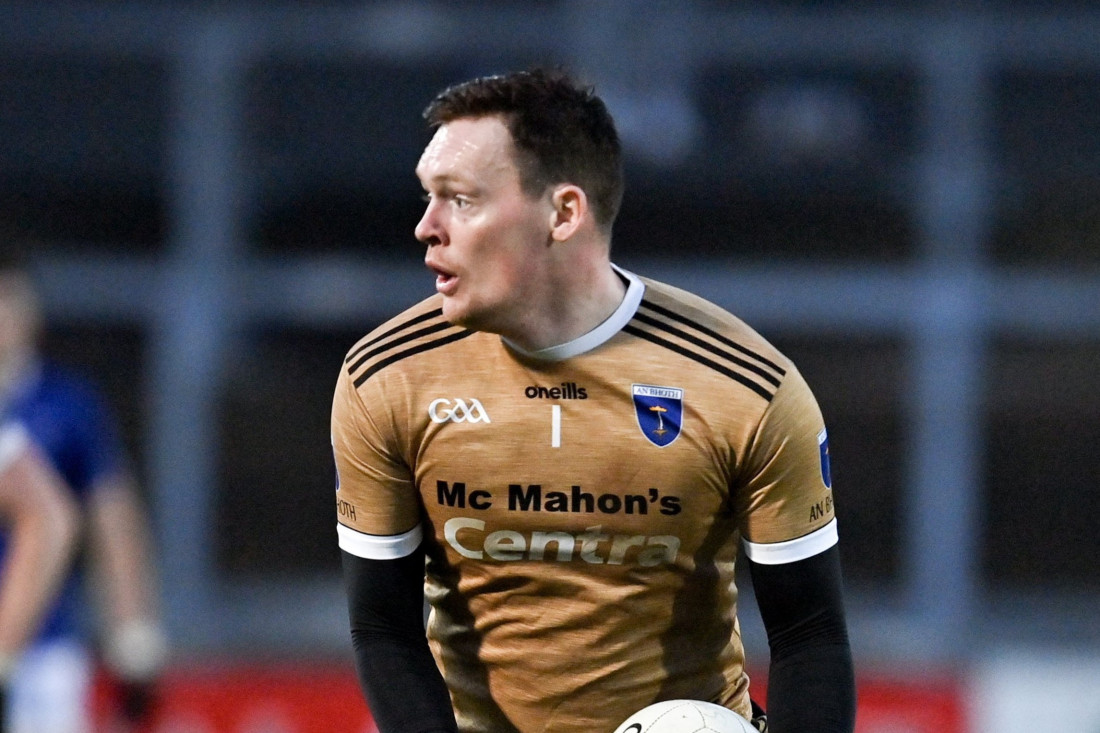I HAVE long been an advocate of trying to create overloads in a game of football.
What I mean by overloads, is trying to manipulate a situation within a game where you create a 2v1, 3v2, 4v3 or even 3v1, 4v2 type situation anywhere on the field where you try and overload the opposition and give the man in possession of the ball options.
Creating Overload games in training is a great way to replicate match-like situations as players are being forced and challenged to make a decision with the overload as an option. Using Overload situations in training allows players to replicate and practice dealing with having that one or two extra players or in fact, allows them to experience having one or two fewer players and helping them to them make the correct decision.
Pep Guardiola has long been a great believer in creating overload situations in games, and it’s probably one of the reasons why he is one of the most creative, analytical brains in the modern game of soccer.
While he was at Barcelona he liked to extend the pitch to the maximum width and devise methods which pulled opposition players out of the middle so his team could manipulate little pockets of overloads in the middle. Could we apply the same philosophy to breaking down a crowded defensive zone?
At Bayern Munich, he liked to heavily crowd one side of the pitch and try to isolate two pacey players on the opposite side which he hoped, with a quick switch of play, would create a 2v1 or 3v2 overload with the two pacey players on the weak side of the pitch hopefully exploiting an isolated full back.
At Man City it is exactly the same, with a huge emphasis on when you lose it, frantically working high and hard up the field to win it back. There are a number of interesting concepts from Pep – could some of the same principles be applied at Gaelic football, possibly heavily overload one side building out of defence and then and isolating two pacey players coming from deep on the opposite side of the pitch?
The modern role of the Gaelic football foalkeeper has changed the dynamics of Gaelic football and how coaches think about the game. Goalkeepers now operate as a full time sweeper ‘keeper, joining into attacks, linking play in the middle third, presenting for defensive free kicks, giving one–twos and providing a third-man link on restarts and contributing to the final third attacks, and even pressing the opposition kick out.
Scotstown’s use of Rory Beggan in the Ulster Club this year has been hugely intriguing. In their huge win over Kilcoo in Newry a few weeks back Beggan was instrumental in their comeback from four points down to worthy winners. He kicked a long-range score from play, presented an assist for a crucial mark that led to a score, was involved in the build up play for Hughes’ equaliser and then had the composure and dependability to kick that clutch score deep into injury time to win by one.
It wasn’t just Beggan’s influence from open play when Scotstown were in possession, but his presence across an already physically powerful middle third when Scotstown were pressing the opposition kick out.
Beggan was a nuisance, but he was brave and it was a real risk and reward strategy from Scotstown to deploy him in this manner. Against Trillick at the weekend, it was interesting to see James Garrity deployed in a tagging role whenever Scotstown were on a slow attack. He ignored the play on a number of occasions, turned his back on the ball and tagged Beggan. Beggan certainly didn’t have the same level of impact from open play as he did against Kilcoo but from Trillick’s kick outs his press was so courageous. Leaving the goals empty at the far end of the pitch but adding an extra presence around the middle third give Scotstown a real foothold in that middle third battle for possession.
The final will be intriguing from that particular strategy because Scotstown will come up against arguably the best midfield in Ulster in Conor Glass and Emmett Bradley. Failing to win primary possession could leave Scotstown scrambling hard and as we saw in the last play of Glen’s semi final v Glenties they can really expose an opposition if they aren’t defensively set.
A lot of criticism has been labelled at Gaelic Games recently but Sunday’s club semi final was superb, with 18 different scorers. Sunday week promises to be a fascinating battle, with the winners really fancying their chances of lifting Andy Merrigan in late January.
Receive quality journalism wherever you are, on any device. Keep up to date from the comfort of your own home with a digital subscription.
Any time | Any place | Anywhere












